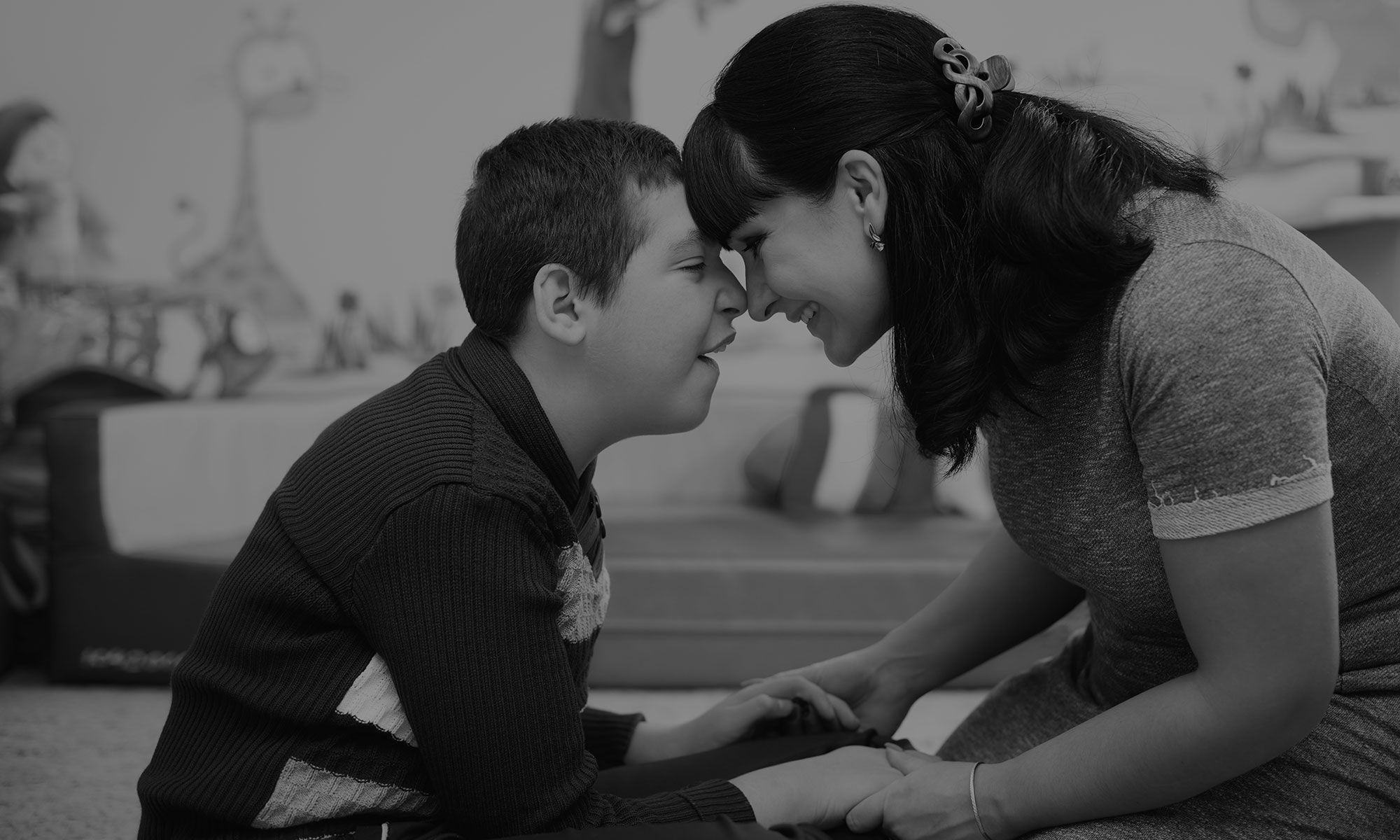
For people living with disabilities, caregivers can be an essential part of living a great life and transcending imposed social barriers. For years, people with intellectual and developmental disabilities (IDD) were pushed aside. Linda Smith, the founder of the Christopher Smith Foundation, recalls that when her son Christopher was born, even the doctors who assisted in the birth advised that she institutionalize her son and move on with life. However, with family support and the loving involvement of professional caregivers, Chris exceeded all of the limited expectations placed upon him.
There are so many ways that caregivers enrich the lives of people with disabilities, and our Las Vegas nonprofit aims to support people in entering these valuable professions that too often go unrecognized.
Caretaking
Both paid and unpaid caregivers perform a tremendous amount of daily caretaking activities. Whether individuals are living on their own, with others, or with family, caregivers help people to keep healthy and thrive by supporting people with disabilities in developing meals, shopping for groceries, cleaning the home, and managing their finances. Caregivers also help people to bathe, dress, and deal with other activities of daily living. They take people shopping, make appointments, provide transportation, and support people socializing with their family and friends. Caregivers don’t only provide medical support or address health needs; they are active agents of social inclusion.
Health Support
Of course, some caregivers provide direct medical care, from administering medication, conducting tests, or performing diagnoses. Doctors and nurses have an essential role to play in helping people with disabilities to live their best lives. Other caretakers are also involved in supporting people’s health by managing care, overseeing medical records, monitoring medication usage, and scheduling appointments for treatment or lab work. Caregivers are often best placed to see changes in a person’s medical status and help them get care when necessary.
Navigating Systems
Living with disabilities often means that individuals and their families must navigate a range of complex and bureaucratic systems. Caregivers help to negotiate with healthcare providers, social services agencies, and benefits providers. They make dealing with complicated agencies more simple, accessible, and inclusive.
Communicating and Listening
Caregivers also provide a very simple, yet critical service: they listen, they communicate, and they care. Some people with disabilities may have difficulties that prevent them from communicating traditionally, and caregivers can bridge the gap with medical providers, social service agencies, and others. They provide emotional support and listen through periods of pain or joy.
Advocacy
Too many people with disabilities have been held back because of the limited expectations society has placed upon them. Caregivers are also advocates who protect and promote the interests of the people that they support. They help people get the medical care they need, even when they cannot ask for it themselves, and they work to ensure that people receive the benefits and social services they are entitled to. They help people live inclusive, full lives, even when society fails to encourage them.
At the Christopher Smith Foundation, we know that caregivers are essential. Our Nevada nonprofit programs aim to recognize the unsung work of caregivers and encourage more people to enter these necessary fields.
